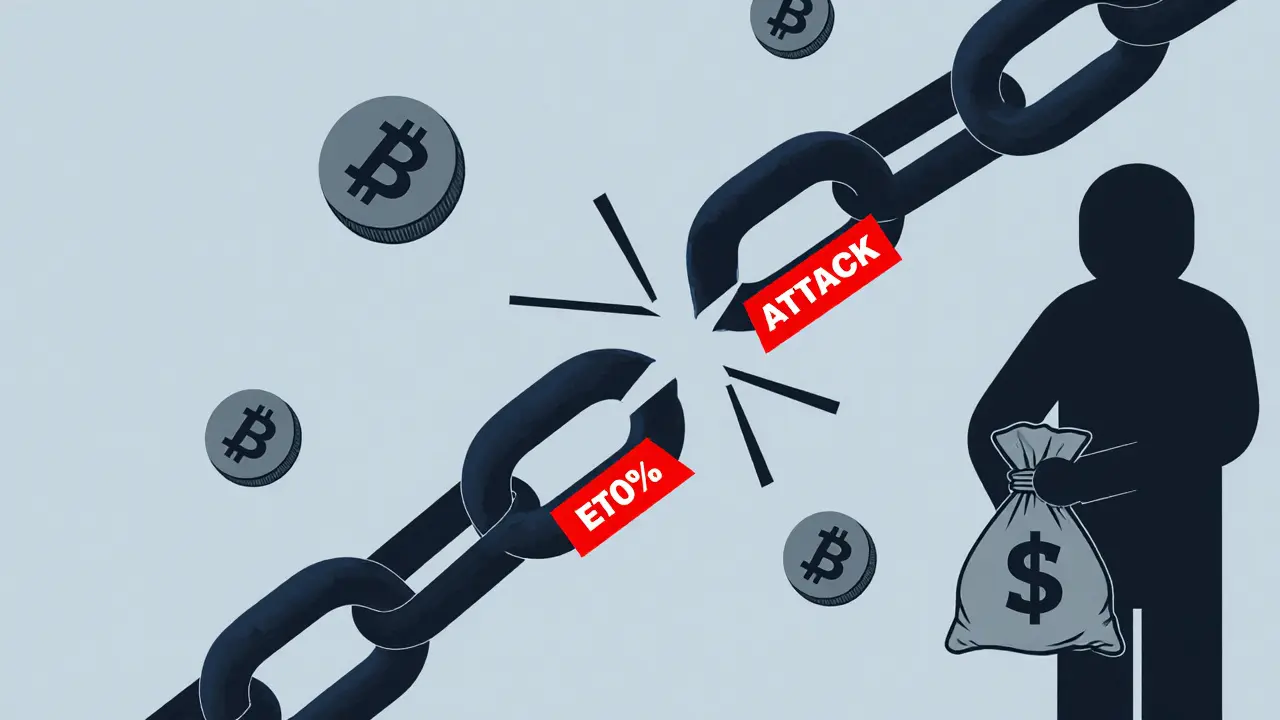Blockchain Immutability: Why It Matters and How It Protects Your Crypto
When you hear blockchain immutability, the property that makes data on a blockchain impossible to alter once recorded. Also known as tamper-proof ledger, it’s the reason you can trust crypto transactions without a bank in the middle. This isn’t just tech jargon — it’s what stops someone from changing your trade history, erasing your NFT ownership, or rewriting a smart contract after the fact.
Think of it like a digital notary that stamps every change with a unique seal, then links that seal to the next entry in a chain. Once it’s done, no one can go back and edit it without breaking the whole chain — and everyone watching would know. That’s why decentralized ledger, a shared database maintained by many computers instead of one central server works for things like crypto payments and supply chain tracking. It’s not about being faster than a bank — it’s about being unchangeable. And that’s what makes smart contracts, self-executing code that runs automatically when conditions are met reliable. If a DeFi protocol promises to pay you when a price hits a certain level, blockchain immutability ensures that contract can’t be canceled or altered after you’ve deposited your funds.
But here’s the catch: not every project lives up to this promise. Some tokens pretend to be secure while their contracts are editable, or their data is stored off-chain where it can be deleted. You’ll see this in posts about fake airdrops, dead metaverse coins, or exchanges with no audits — they all break the core idea of immutability. Meanwhile, real use cases like privacy blockchains, cross-chain bridges, and crypto tax compliance tools all rely on this same foundation. Whether it’s Secret Network hiding transaction details or Mantle Staked Ether letting you trade staked ETH, they all need the ledger to stay fixed to work.
What you’ll find below are real stories — from Cuba using Bitcoin to bypass sanctions, to Pakistanis trading crypto to beat inflation, to Thailand’s tax rules that only apply to licensed platforms. These aren’t abstract ideas. They’re people relying on blockchain immutability to protect their money, their rights, and their freedom. And the ones that fail? They’re the ones that broke the chain — either by design or by neglect.
Challenges of Immutability in Blockchain Systems
Immutability in blockchain isn't absolute-it's a trade-off. This article explores how GDPR, smart contract errors, network attacks, and storage limits make permanent data a liability, not a feature, and what real-world solutions are emerging.
Details +